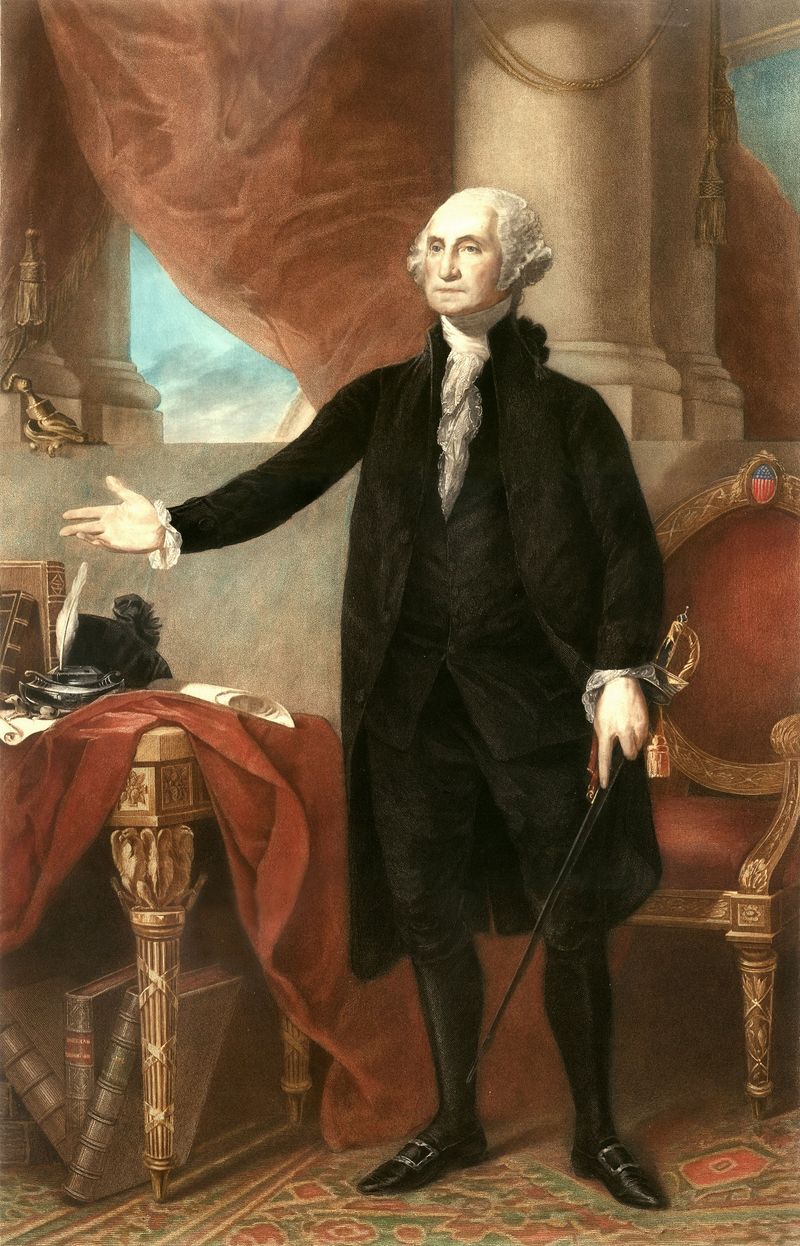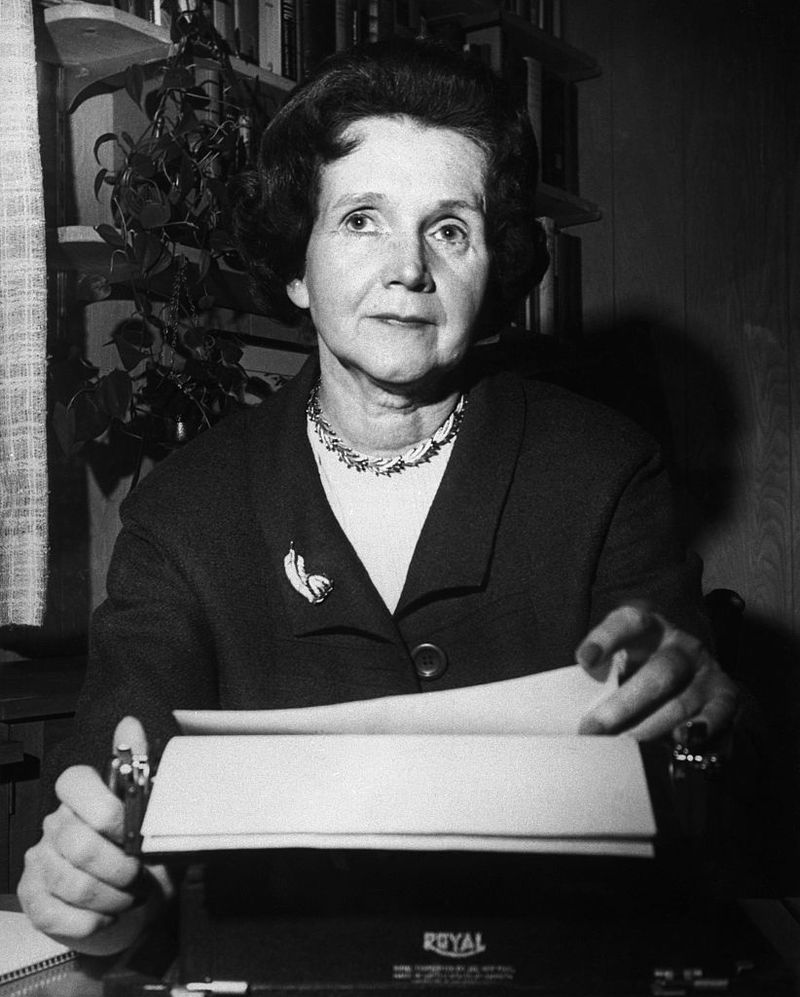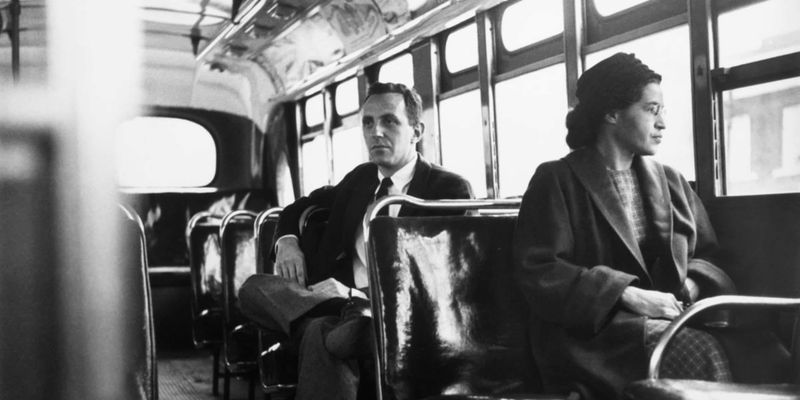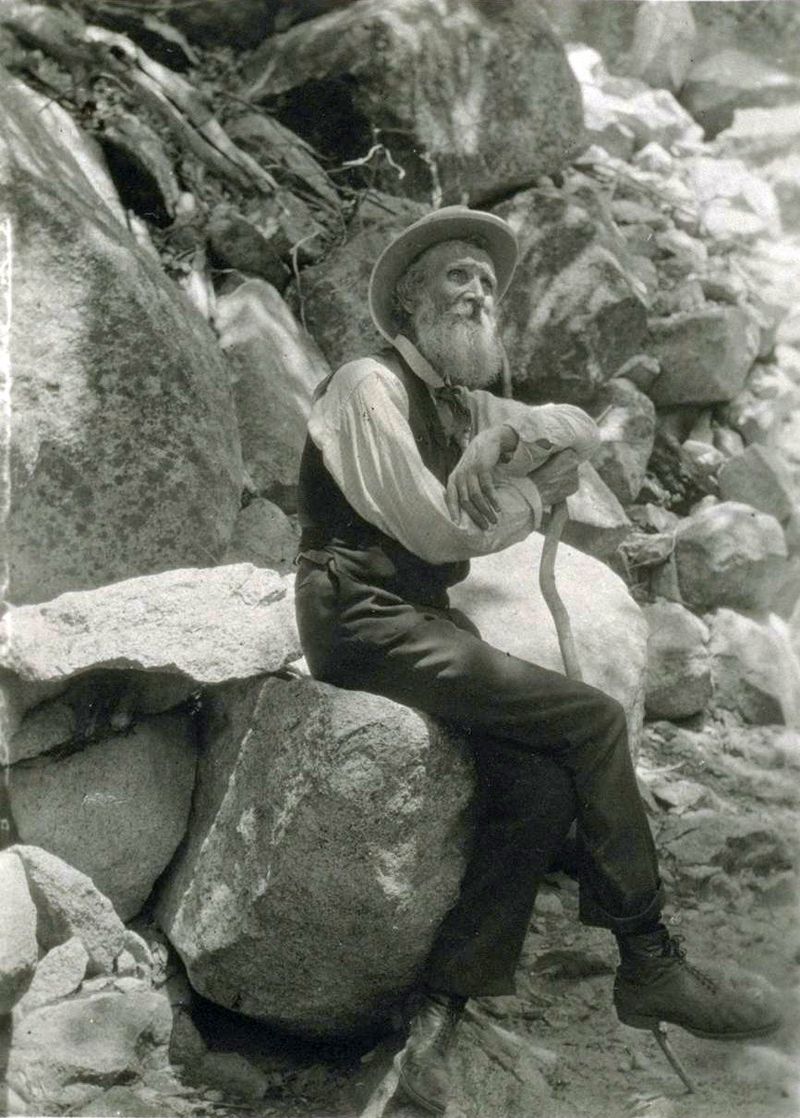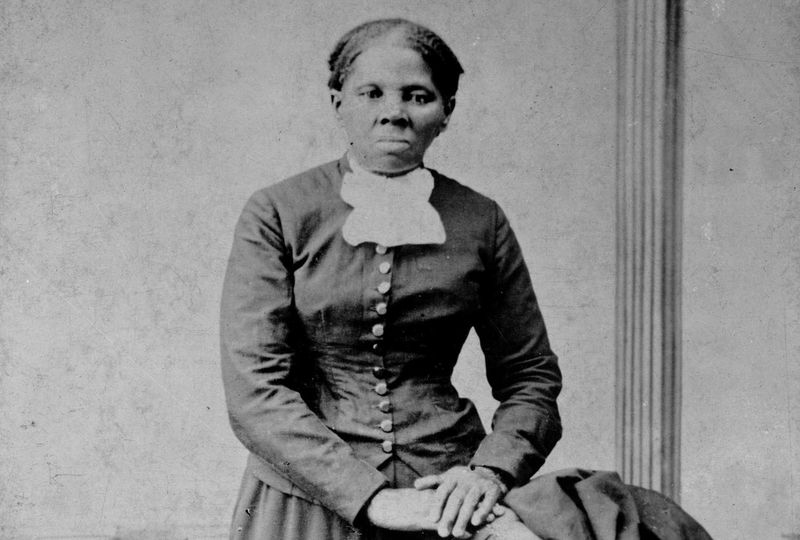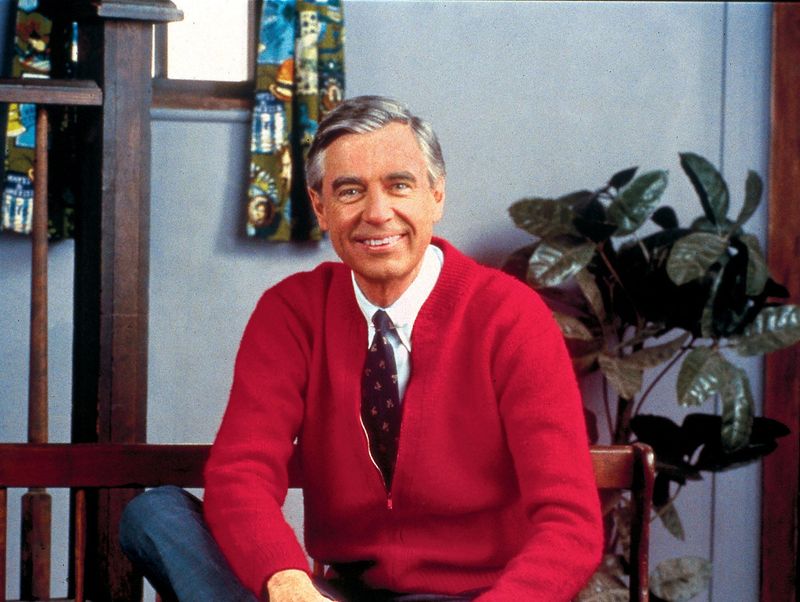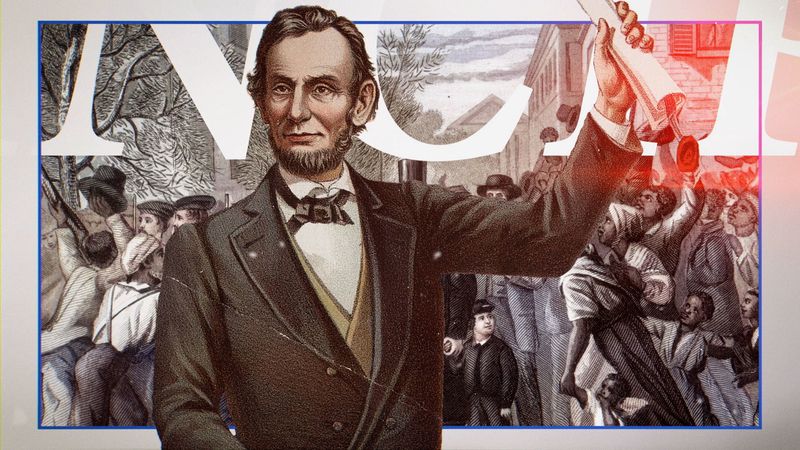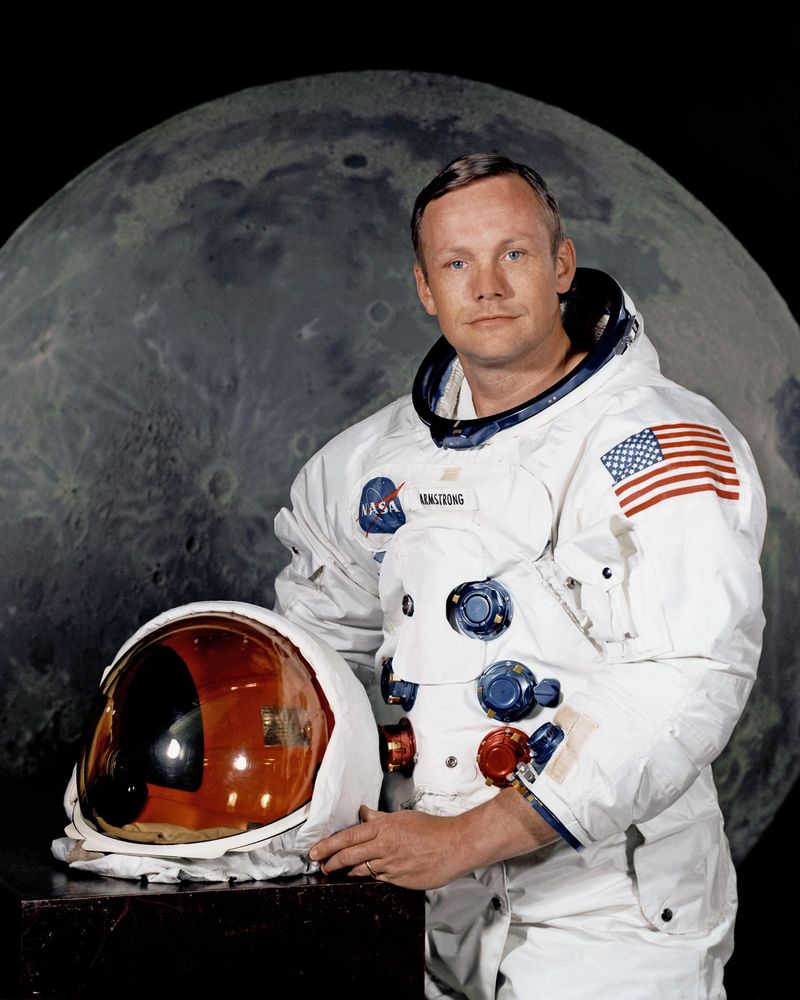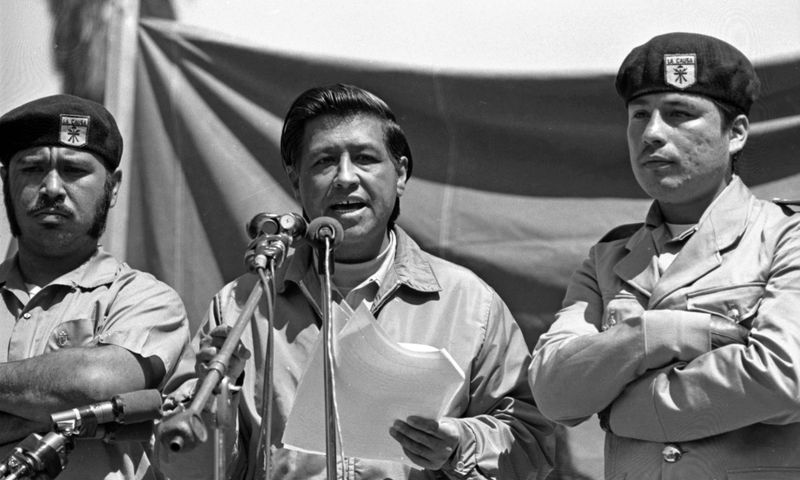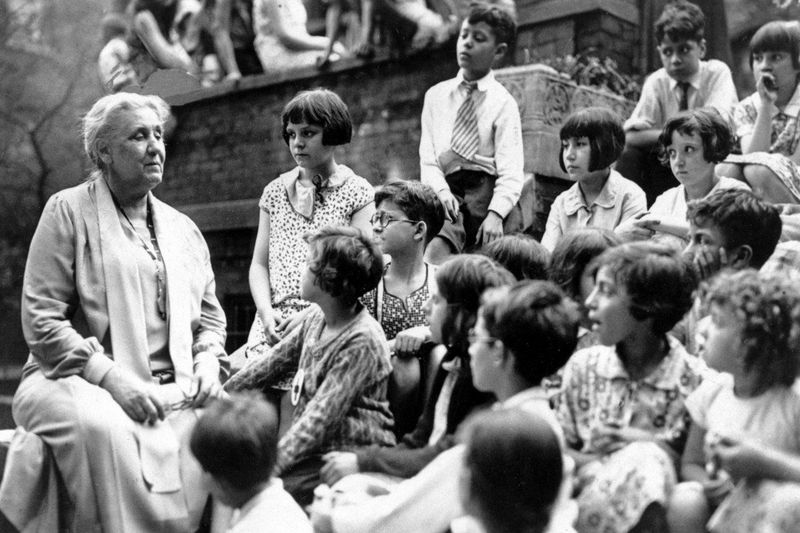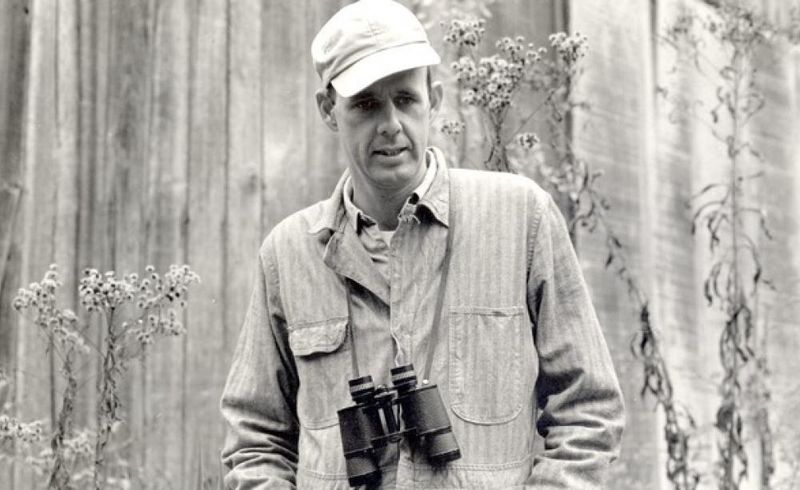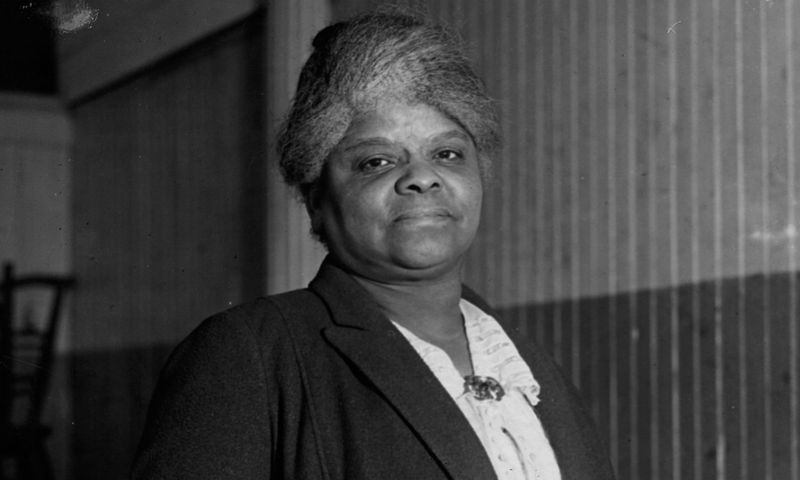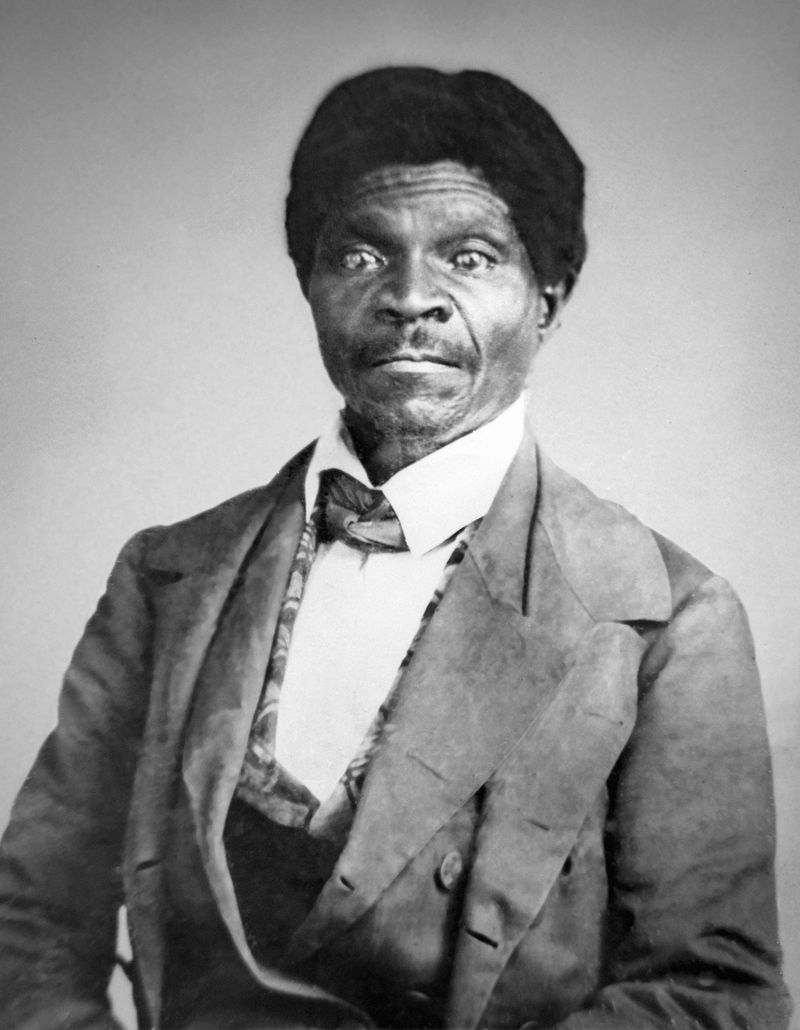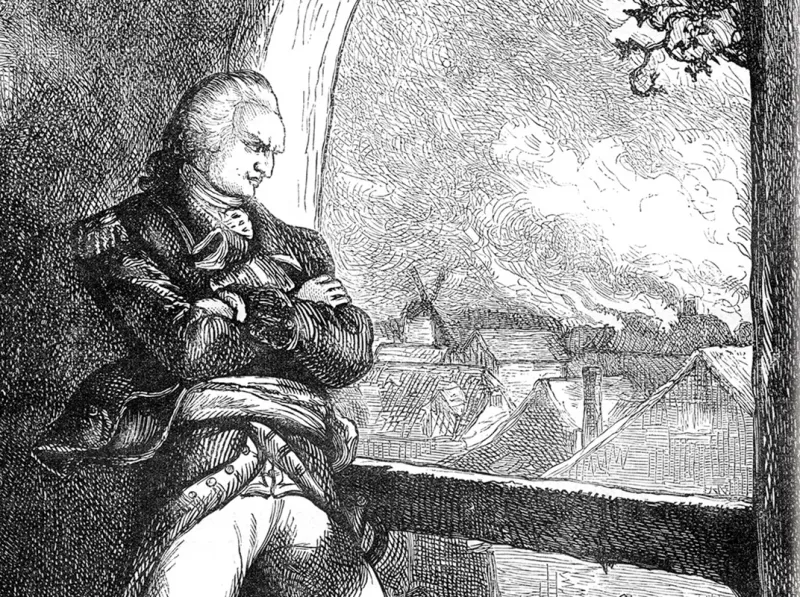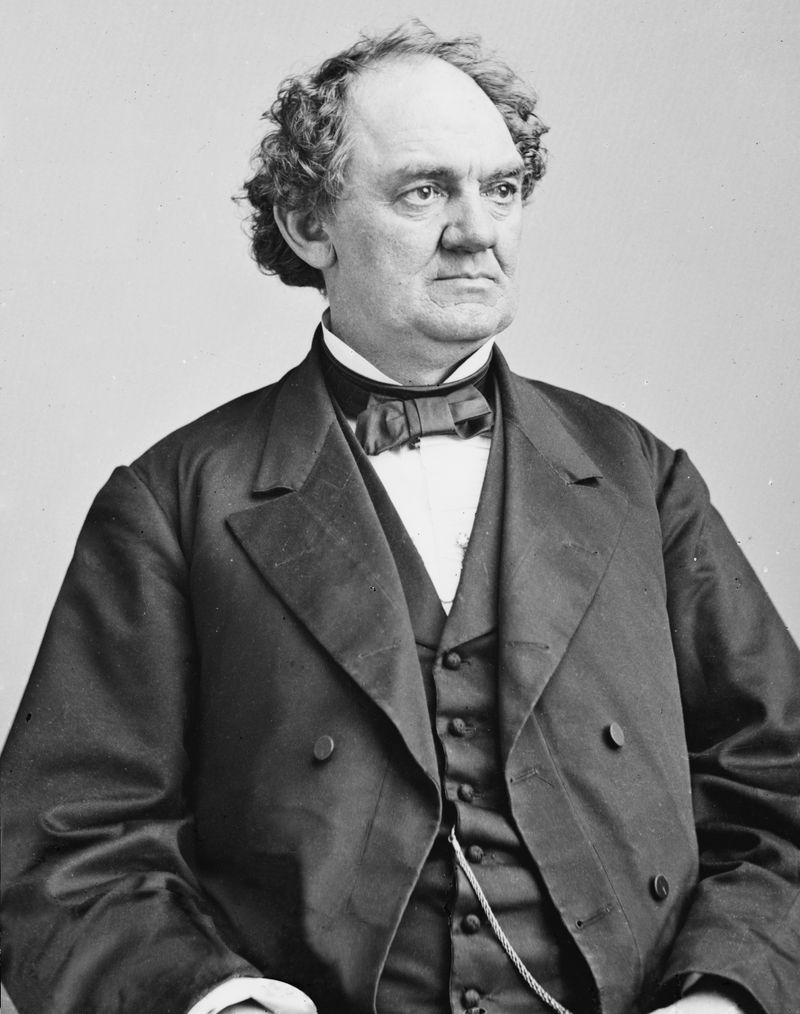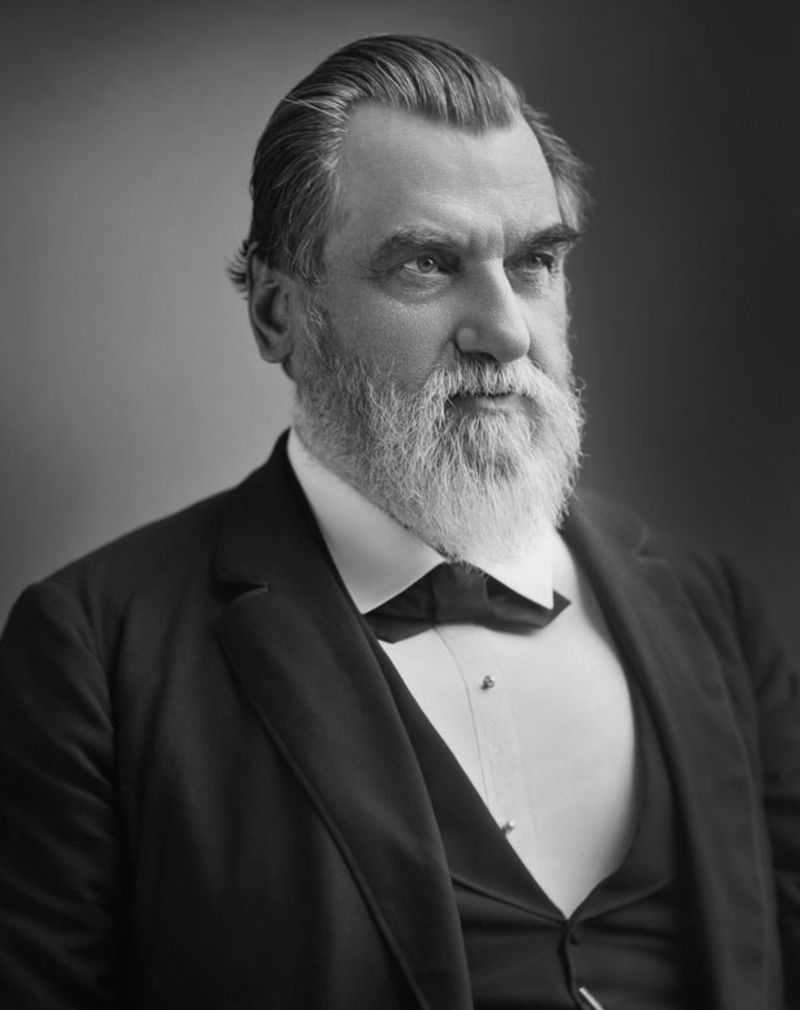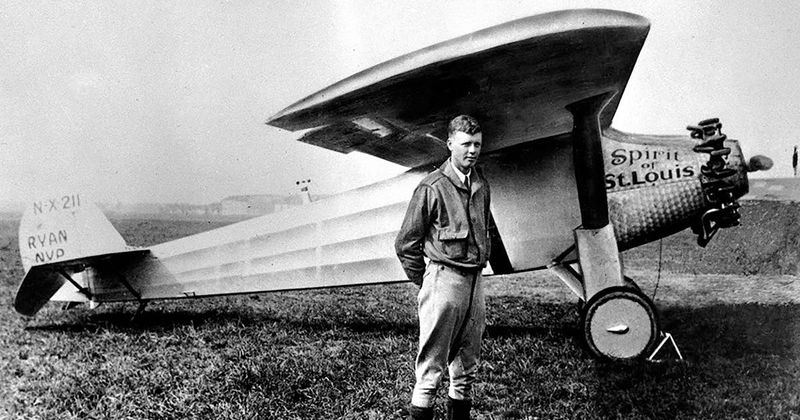In the race to build America, some pioneers carved their legacies not by chasing the spotlight, but by standing firm in their convictions. Whether in science, activism, politics, or invention, these figures made decisions rooted in principle—often at great personal cost. And then there were others who chose the opposite path, trading ideals for recognition, riches, or relevance.
1. George Washington – Power With Limits
George Washington, revered as the first President of the United States, valued democratic principles over personal glory. Offered the chance to become a monarch, Washington, instead, chose to step down after two terms.
He willingly relinquished power, setting a democratic precedent that has endured for centuries. His decision was rooted in a belief in the importance of a balanced government.
Washington’s legacy is marked by his willingness to uphold principles rather than seek continued authority. His actions demonstrated a commitment to the nascent republic’s ideals over any personal ambition for power.
2. Rachel Carson – The Scientist Who Defied Industry
Rachel Carson, a pioneering environmentalist, defied industry by exposing the dangers of pesticides in her groundbreaking book, Silent Spring. Despite facing fierce backlash and attempts to discredit her work, Carson stood firm in her scientific convictions.
Her courage in the face of opposition ignited the environmental movement, shifting public awareness about the impact of industrial chemicals.
Carson’s unwavering dedication to truth and environmental preservation over personal gain reshaped how society views ecological responsibility. Her work continues to inspire generations to prioritize the planet over profit.
3. Rosa Parks – Dignity in Silence
Rosa Parks, renowned for her role in the Civil Rights Movement, exemplified dignity and resilience in silence. By refusing to give up her seat on a segregated bus, Parks ignited a powerful movement for racial equality.
Despite becoming a symbol of resistance, she shunned the limelight, choosing to continue her activism quietly.
Parks’ strength lay in her quiet determination and refusal to seek personal fame. Her courage in the face of systemic injustice remains a powerful testament to the impact of silent protest and unwavering resolve.
4. John Muir – Nature Before Notoriety
John Muir, a passionate environmentalist, dedicated his life to the preservation of nature rather than pursuing notoriety. Founder of the Sierra Club, Muir played a critical role in establishing national parks.
His love for the wilderness led him to advocate tirelessly for the protection of natural landscapes. Muir’s writings and activism brought awareness to the importance of conservation.
He chose to immerse himself in nature, eschewing political ambition or fame. Muir’s legacy endures in the vast protected areas that continue to inspire and sustain countless individuals today.
5. Harriet Tubman – Freedom Before Fortune
Harriet Tubman, known for her courageous escapades to free enslaved people, chose freedom over fortune. Despite opportunities for fame and wealth, Tubman remained committed to her cause. She dedicated her life to leading countless enslaved individuals to freedom.
Her determination and bravery were unmatched, and her work largely went unrecognized in her lifetime. Tubman’s legacy stands as a testament to selfless heroism.
She continually risked her safety, refusing to capitalize on her notoriety, and instead focused on the emancipation of others. Her story is an enduring symbol of courage and conviction.
6. Fred Rogers – Humanity Over Hype
Fred Rogers, beloved host of “Mister Rogers’ Neighborhood,” prioritized humanity and education over hype and commercialization. Known for his gentle demeanor, Rogers avoided capitalizing on his show’s popularity through merchandise or flashy endorsements.
He remained committed to providing quality education and emotional support to children in a sincere manner.
Rogers’ dedication to his educational mission, rather than financial gain, made him an enduring figure in children’s television. His legacy is defined by his deep empathy and genuine concern for the well-being of his young audience.
7. Abraham Lincoln – Integrity Over Popularity
Abraham Lincoln, the 16th President of the United States, chose integrity over popularity by taking a firm stand against slavery. His unwavering commitment to ending slavery cost him political support and personal alliances.
Lincoln understood the potential consequences of his stance but refused to compromise on his principles. His leadership during the Civil War was pivotal in preserving the Union and abolishing slavery.
Despite criticism and opposition, Lincoln’s legacy is one of courage and integrity. He prioritized justice and equality above political expediency, leaving an indelible mark on American history.
8. Neil Armstrong – First on the Moon, Last in Line for Attention
Neil Armstrong, the first human to set foot on the moon, chose a path of humility over celebrity. Following his historic achievement, Armstrong turned away from the spotlight, opting for a quiet life in academia.
His preference for privacy and modesty contrasted sharply with the fame he could have embraced. Armstrong’s focus remained on exploration and education rather than personal glory.
His legacy is not only in his lunar footsteps but also in his decision to live a life away from public adulation, embodying a quiet dedication to knowledge and discovery.
9. Cesar Chavez – Service Over Celebrity
Cesar Chavez, a dedicated labor leader, chose service over celebrity in his tireless advocacy for farm workers’ rights. Despite gaining national attention, Chavez remained humble, living modestly among those he represented.
His commitment to non-violent activism and civil rights was unwavering, as he worked to improve conditions for laborers. Chavez’s influence extended far beyond personal recognition.
He consistently refused offers that would elevate his personal status, focusing instead on the collective welfare of his community. His legacy is one of humility, service, and enduring impact on labor rights.
10. Jane Addams – The Quiet Revolutionary
Jane Addams, a pioneering social worker, transformed the field through her innovative work at Hull House. Despite opportunities for political office and commercial success, she remained dedicated to social reform.
Addams’ efforts in community development and peace advocacy earned her a Nobel Peace Prize. Her focus was always on practical solutions to social issues rather than personal advancement.
Her legacy lies in her unwavering dedication to improving lives and fostering peace. Addams’ quiet revolution in social work continues to inspire those committed to social justice and community service.
11. Wendell Berry – Living His Message
Wendell Berry, renowned author, and environmentalist, chose to live his message of sustainability by leaving academia to farm the land. His writings advocate for simplicity and respect for nature.
Berry’s decision to embrace a farming lifestyle exemplifies his commitment to environmental values. He has become a voice for sustainable living, not just through words, but through practice.
His life and work challenge others to rethink their relationship with the earth. Berry’s legacy is a testament to the power of living one’s principles, inspiring future generations to value sustainability.
12. Ida B. Wells – Truth Over Safety
Ida B. Wells, an intrepid journalist and activist, chose truth over personal safety by exposing the horrors of lynching. Her investigative reporting and fearless advocacy brought national attention to racial violence.
Despite threats to her life, Wells remained steadfast in her pursuit of justice and equality. Her work challenged the status quo and helped lay the groundwork for civil rights advancements.
Wells’ legacy is one of courage and conviction, as she prioritized the truth over her personal safety. Her relentless pursuit of justice continues to inspire journalists and activists worldwide.
13. Jimmy Carter – The Post-Presidency Humanitarian
Jimmy Carter, the 39th President of the United States, chose a humanitarian path post-presidency. Rather than capitalizing on his political career, Carter dedicated himself to philanthropic efforts.
His work with Habitat for Humanity and his focus on global peace initiatives reflect his commitment to service. Carter’s post-presidency life is marked by his dedication to improving lives and promoting peace.
His legacy is one of compassion and action, as he continues to make significant contributions to humanitarian causes. Carter’s enduring impact is a testament to living a life of purpose beyond politics.
14. Sojourner Truth – Justice Before Recognition
Sojourner Truth, an escaped slave turned activist, chose justice over personal recognition by advocating for abolition and women’s rights. Her powerful oratory skills captivated audiences and advanced social change.
Truth refused offers that would compromise her message, remaining focused on the fight for equality. Her speeches, including the famous “Ain’t I a Woman?” address, highlighted her commitment to justice.
Her legacy is one of unwavering dedication to social justice, as she prioritized the rights of others over her personal fame. Truth’s influence continues to resonate in the ongoing struggle for equality.
15. Dred Scott – A Legacy of Courage
Dred Scott, known for his namesake Supreme Court case, chose courage over personal safety by fighting for his freedom. His legal battle challenged the notion of African American citizenship.
Despite losing the case, Scott’s determination highlighted the injustices of slavery and fueled the abolitionist movement. His courage in the face of systemic oppression remains a significant part of American history.
Scott’s legacy is one of resilience and bravery, as he stood up for his right to be recognized as a person, not property. His case underscored the ongoing fight for civil rights.
1. Benedict Arnold – Patriot Turned Traitor
Benedict Arnold, once a celebrated American Revolutionary War hero, became synonymous with treachery. He abandoned his patriot ideals for monetary gain and recognition, defecting to the British.
Arnold’s betrayal stemmed from perceived slights and financial difficulties, leading him to seek favor with the enemy. His name became a byword for treason, overshadowing his earlier contributions.
The story of Arnold serves as a cautionary tale of ambition and betrayal. His legacy is a stark reminder of the consequences of prioritizing personal gain over loyalty and principles.
2. P.T. Barnum – Showmanship Over Ethics
P.T. Barnum, famed showman and founder of the circus that bears his name, prioritized spectacle and profit over ethics. His shows, populated with human curiosities, often exploited those in vulnerable positions.
Barnum’s genius for marketing and entertainment came at a moral cost, as he prioritized the bottom line above all. His legacy, while marked by innovation in entertainment, is also shadowed by ethical concerns.
The tale of Barnum is one of contradiction—celebrated for his contributions to show business, yet critiqued for sacrificing dignity for profit. His life reflects the complexities of fame and morality.
3. Aaron Burr – Ambition Run Amok
Aaron Burr, Vice President under Thomas Jefferson, is remembered for his boundless ambition. His pursuit of power led him to duel and kill Alexander Hamilton, forever tarnishing his reputation.
Burr’s aspirations extended beyond America, as he plotted to create his own empire, displaying a disregard for ethical boundaries. His life epitomizes the dangers of unchecked ambition.
The story of Burr serves as a warning about the perils of valuing power over principles. His legacy is marred by scandal and betrayal, highlighting the destructive nature of unprincipled ambition.
4. Joseph McCarthy – Fear as Fame Fuel
Joseph McCarthy, a U.S. Senator, exploited Cold War paranoia to fuel his own rise to fame. His infamous anti-Communist campaign, known as McCarthyism, destroyed countless lives through baseless accusations.
McCarthy’s tactics were driven by a desire for political attention and power, prioritizing fear over truth. His legacy is one of fear-mongering and moral bankruptcy.
The era of McCarthyism serves as a stark reminder of the perils of exploiting public fear for personal gain. McCarthy’s actions left a lasting impact on American politics, cautioning against the abuse of power.
5. Leland Stanford – Robber Baron Behind a University
Leland Stanford, a key figure in America’s railroad expansion, accumulated immense wealth often at the expense of others. While Stanford University carries his name, his fortune was built on exploitative practices.
Stanford’s business dealings, characterized by monopolistic tendencies, prioritized profit over ethical considerations. Despite his philanthropic endeavors, his reputation remains tainted by his role as a robber baron.
His legacy is a complex one, marked by both educational contributions and ruthless business tactics. The story of Stanford highlights the duality of wealth and ethics in America’s industrial age.
6. George Wallace – Principles for Sale
George Wallace, known for his staunch segregationist stance, later shifted his views to align with changing public opinion. His initial principles were deeply rooted in maintaining racial divides.
As national sentiment evolved, Wallace softened his stance, seeking political favor rather than justice. His political journey highlights the volatility of principles when faced with the prospect of power.
Wallace’s legacy is a contentious one, marked by his opportunistic shifts in ideology. His life serves as a reminder of the dangers of prioritizing personal ambition over genuine conviction.
7. Charles Lindbergh – Hero with a Dark Side
Charles Lindbergh, celebrated for his solo transatlantic flight, later faced criticism for his political views. His accomplishments in aviation were overshadowed by his flirtation with fascist ideologies.
Lindbergh’s admiration for Nazi Germany and isolationist stance during World War II tarnished his heroic image. His life exemplifies the complexity of public figures caught between achievement and controversy.
The tale of Lindbergh is one of duality—an aviation pioneer whose legacy is marred by questionable affiliations. His story serves as a cautionary tale about balancing fame with ethical responsibility.

